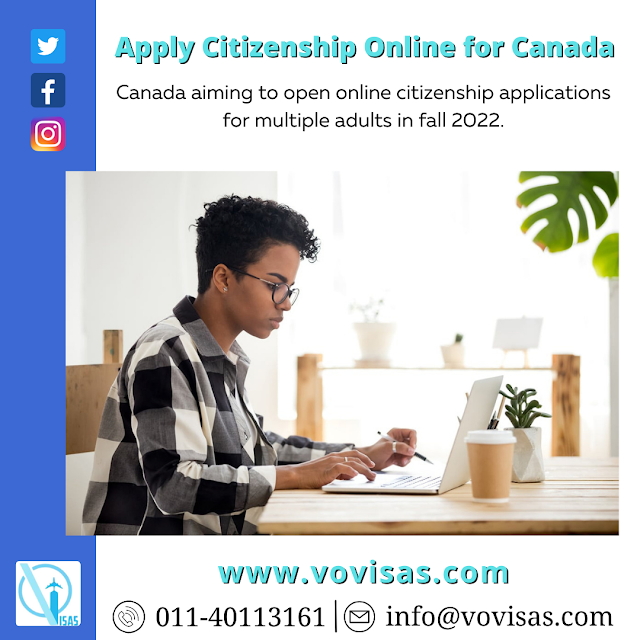Provincial Nominee Program invitation draws in British Columbia.

British Columbia has released the results of the latest Provincial Nominee Program (PNP) invitational draw held last week. British Columbia's PNP Invitational draws are typically held weekly, making it one of the most frequent PNP draws in Canada. The final round of invitations to the British Columbia Provincial Nominee Program (BC PNP) took place on June 7. More than 141 candidates received invitations to run as provincial candidates. That's less than the 167 invites on May 31. To be eligible for BC nomination, candidates must meet the requirements of BC or one of the skilled immigration categories administered through the Skills and Immigration Registration System (SIRS). Minimum score between 60 to 85. Invitations to this draw have been sent to candidates in the Skilled Worker, International Graduate and Entry-Level and Self-Qualifying subcategories and require a provincial minimum score between 60 and 85, depending on the stream. The province has recently rec





.jpg)